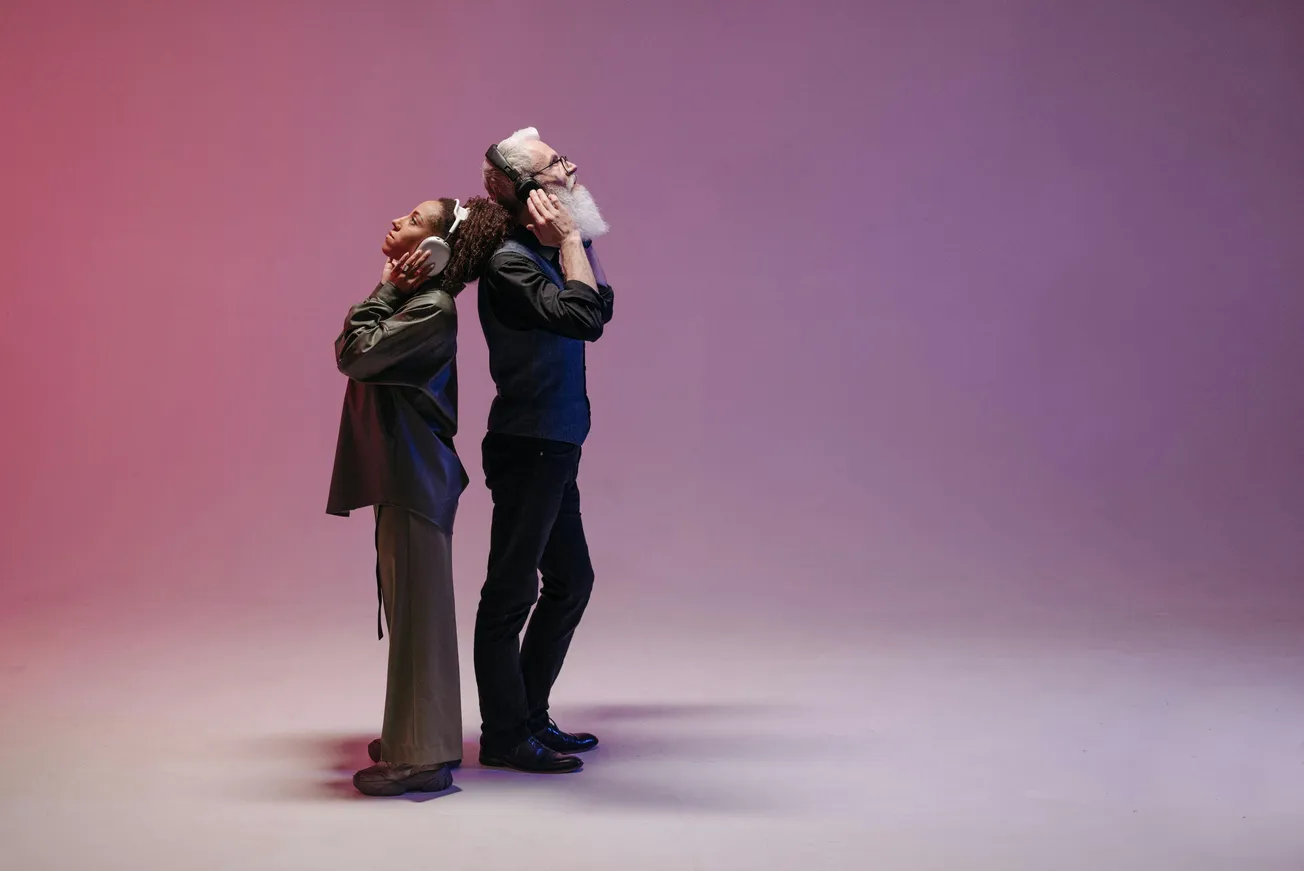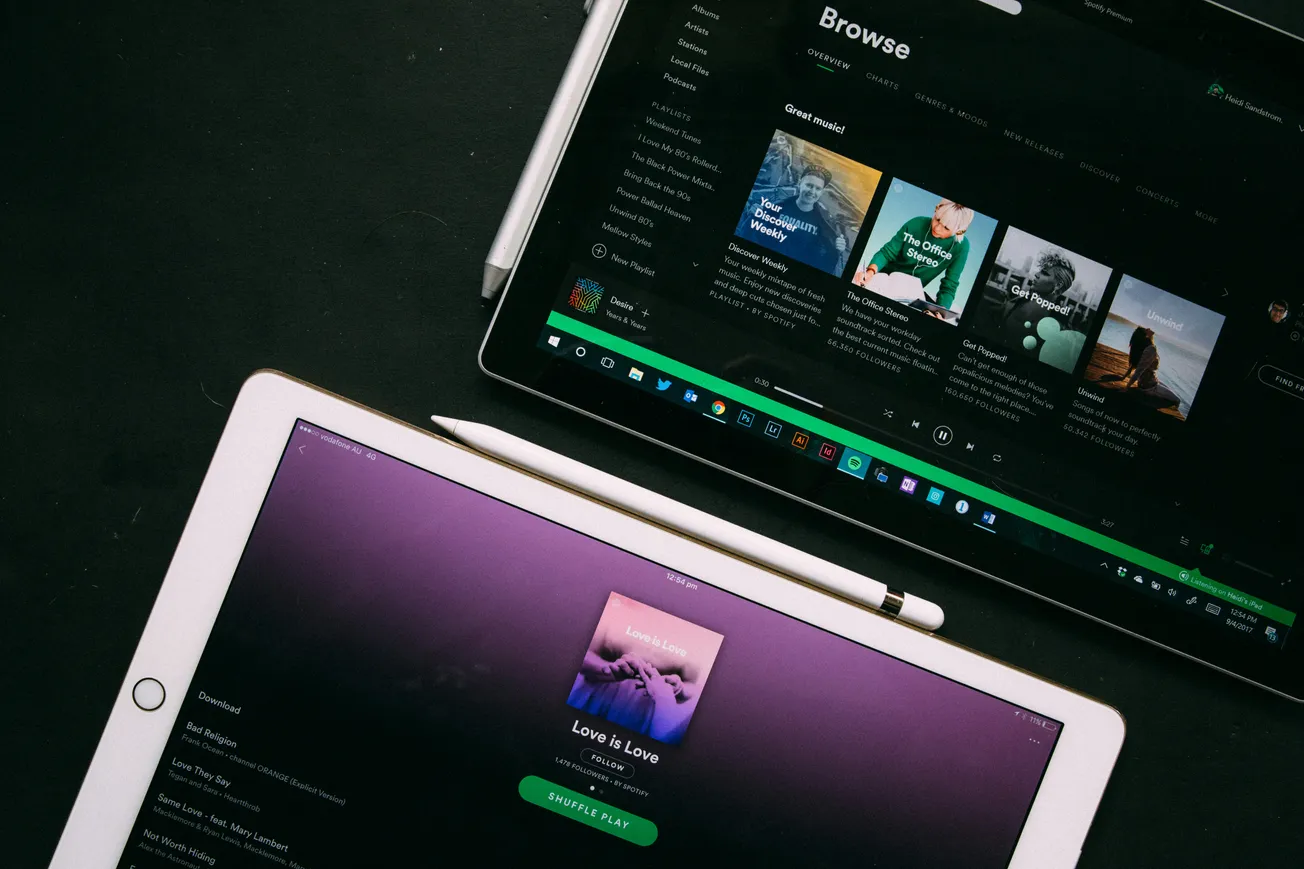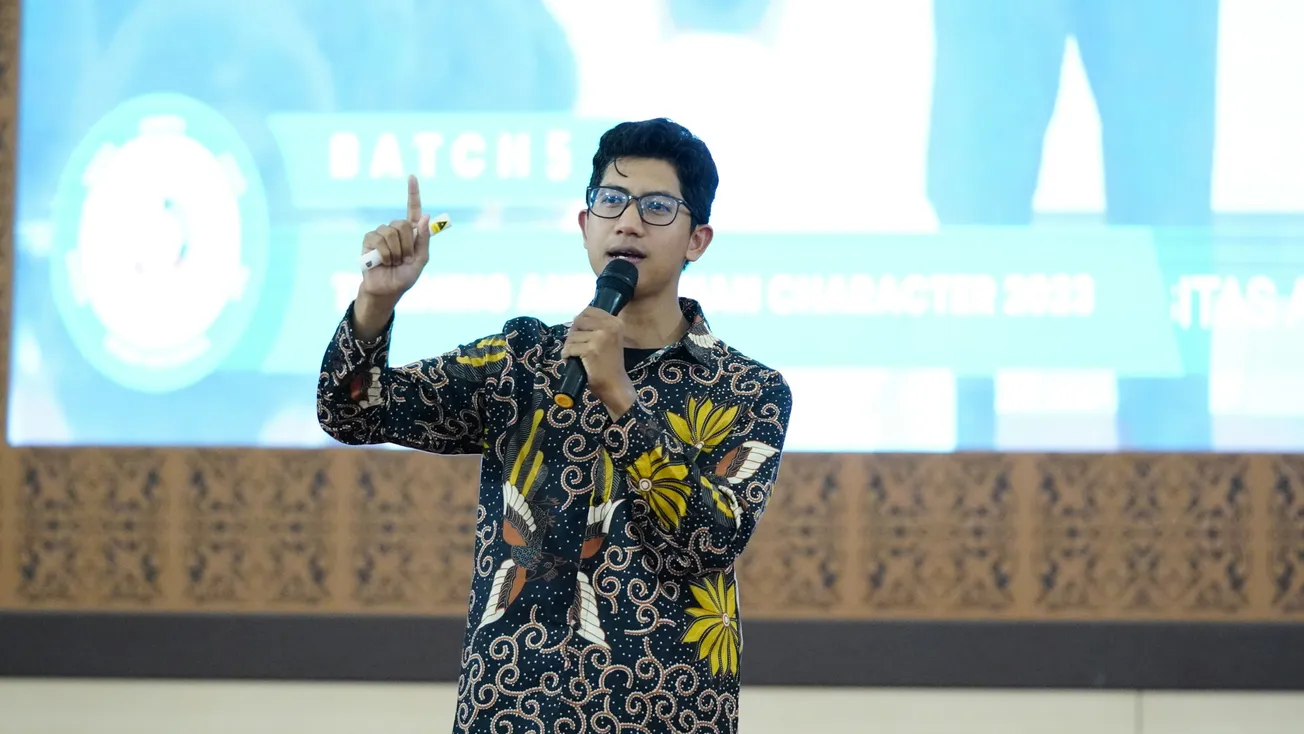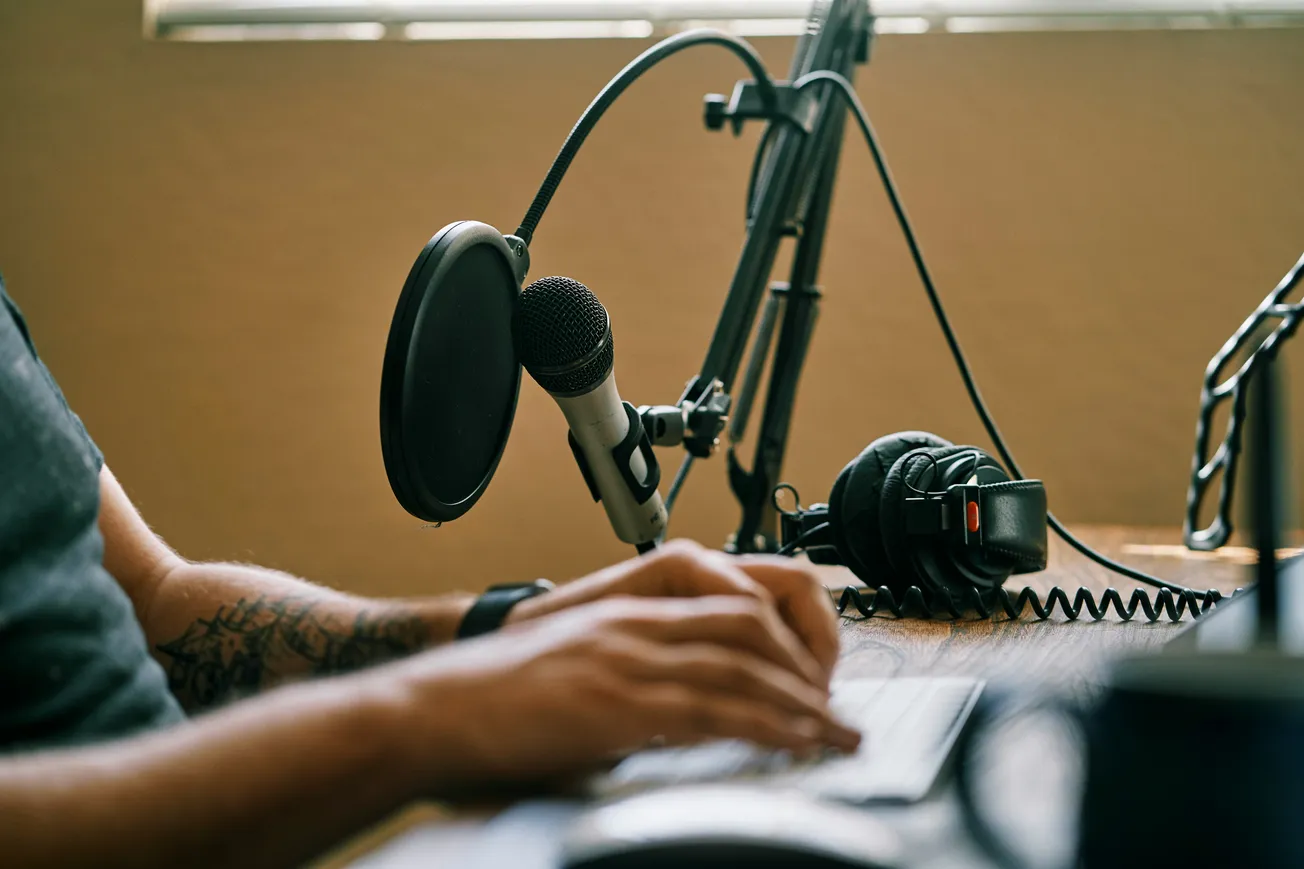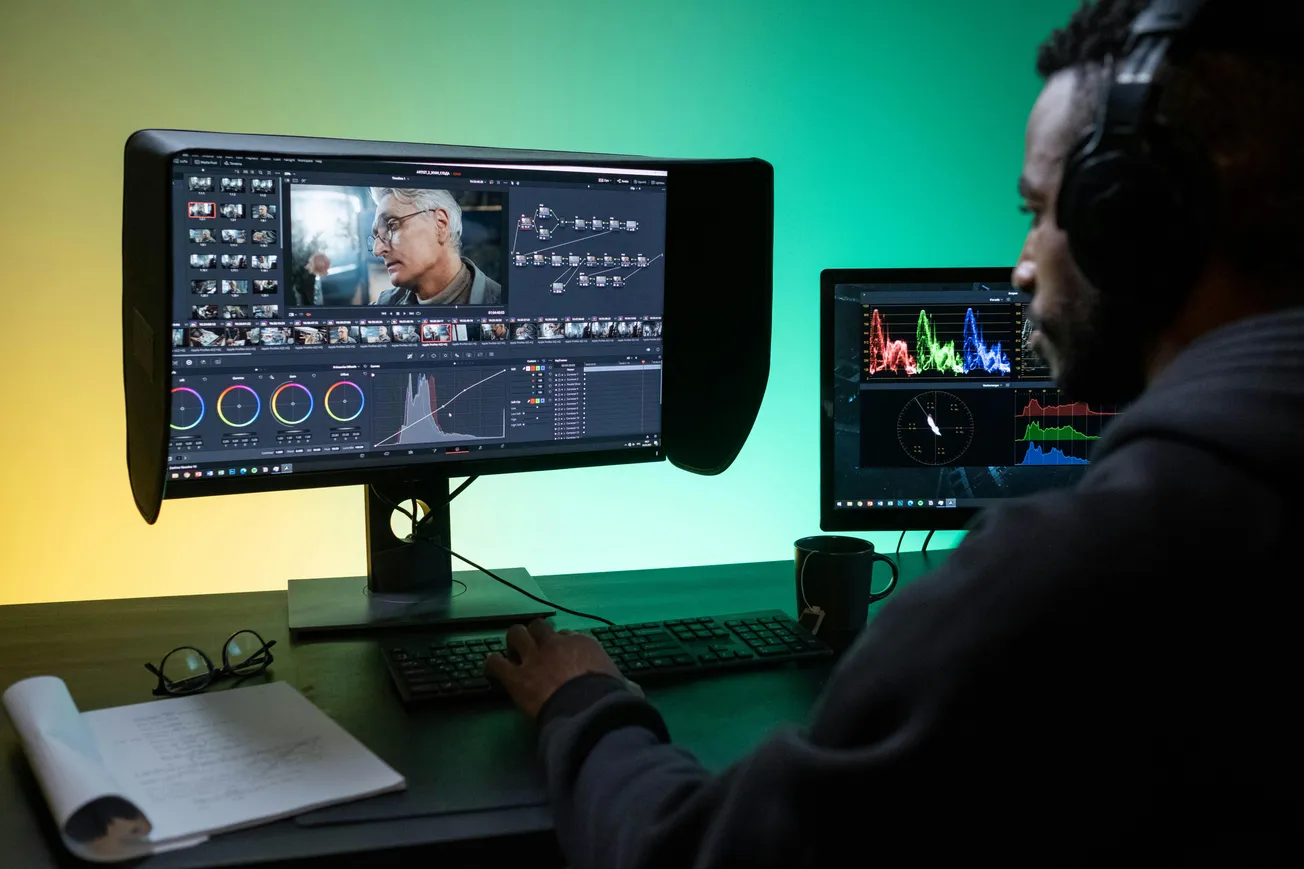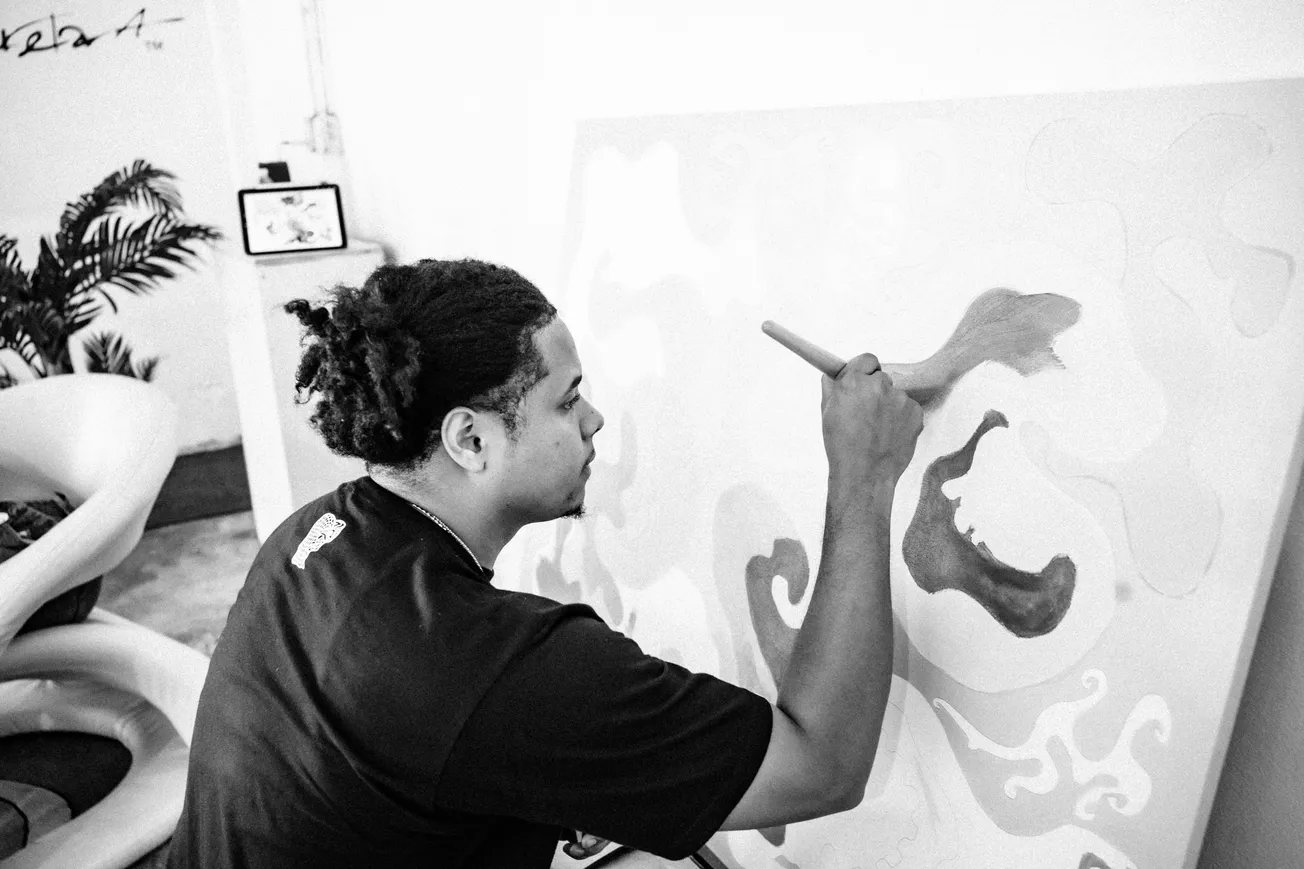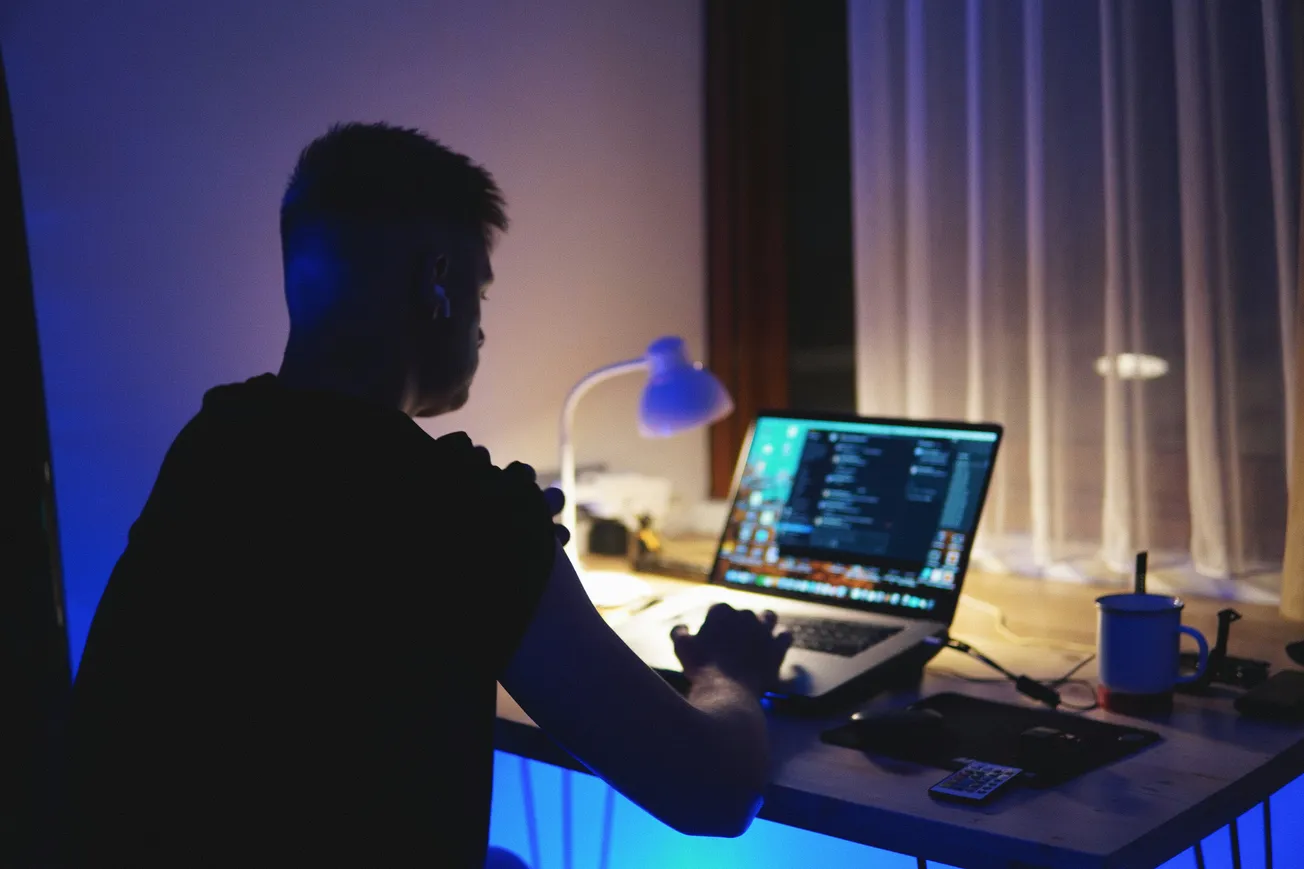In a landmark move for music tech, Spotify is partnering with Universal Music Group, Sony Music Entertainment, and Warner Music Group to build new AI-powered products that center on artist rights, consent, and transparency. Announced October 16, the initiative seeks to establish industry-wide standards that support both creativity and copyright integrity in an era where artificial intelligence is reshaping content creation.
Spotify’s CEO Daniel Ek emphasized that the platform’s goal is to enable innovation without compromising artist control. These upcoming tools are designed to give artists more say over how their likeness, voice, and catalog are used in AI-generated music, helping ensure they’re credited and compensated fairly.
The partnership marks a turning point in how major players approach AI in music. While some platforms have raced to deploy synthetic vocals and machine-generated songs, Spotify and the “Big Three” labels are focused on artist-approved experiences.
This includes voice cloning safeguards, verified licensing, and tools that blend generative AI with human-led creativity rather than replacing it.
For content creators, podcasters, and video producers who rely on licensed music, the message is clear: AI in music is not going away, but it’s being shaped to support rights holders.
This could lead to more accessible and ethical music libraries, smarter editing tools, and even AI co-pilots for content production that respect original creators.
As more platforms integrate AI, this collaboration sets a precedent for what “responsible AI” can look like in the music industry. With artist consent as a core principle, Spotify is betting on a future where technology enhances creativity—without erasing the people behind the sound.


